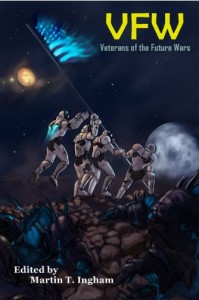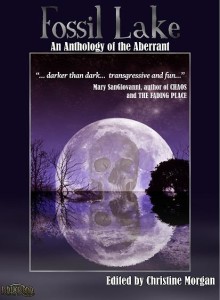When you’re doing your taxes, you’ll need receipts for your expenses for the previous calendar year (for example, in April 2014, I’ll be claiming expenses I incurred between January 2013 and December 2013). The receipt for the computer I bought five years ago isn’t claimable, even though I used it this year to write stories. I also can’t claim gifts, like my desk chair.
Saving your receipts is critical. Without receipts, you have no proof of the expenditures you made. Always assume you’re going to get audited; receipts are required to show that your claims are legitimate! Here are some examples of expenses which you can claim on your taxes. Some of them may surprise you…
– If you write at home, you can claim a portion of your living space as a workspace. Travelling through the house on your laptop doesn’t count! This would be the portion of your living area where you have your desk and do most of your administration and writing.
– You may be able to claim certain portions of bills for communication tools. In my case, I use the Internet to submit stories, learn about calls for submissions, publicize my writing, and research for stories. I’m not going to be able to claim a portion of my telephone expenses, because I do all my writing business via the internet. If that changes in the future – if I have an editor or agent who regularly contacts me by telephone – then I may start claiming phone expenses as well. This claim is based on a percentage – how much of the total use is used for business purposes – and an accountant can help you figure out this calculation.
– Tools and equipment for writing, which may include a lap top or desktop computer, word processing software, desk, chair, and data backup.
– When you buy a book, save the receipt – it counts as “research material,” since by reading, you’re learning the techniques of effective storytelling and staying current on what’s being published in your field. But be judicious. If you’re selling your work as a short story writer or novelist, you’ll have trouble justifying the purchase of screenplays or graphic novels as “research materials”.
– Courses, seminars and conventions to improve your craft and/or network with others in the writing field. Marie advises she can claim travel to two conventions a year, and receives credit for approximately 50% of her expenditures. This includes registration, travel costs, and hotel fees if applicable. Note that these cons are for business purposes. I’ll be claiming Ad Astra, where I met with an editor, and Can-Con, where I presented panels to promote my writing. I won’t be claiming TFCon, which I attended for pleasure, not writing-related business.
– And while you’re travelling, save your receipts from meals. You will need to write on the receipt itself how the meal related to your business, ie, breakfast at a convention, lunch with an editor. Don’t claim alcohol. Incidentals, such as coffee or tea, are questionable. Also, keep in mind that if you’re part of a writer’s group that likes to get together over dinner to edit each other’s work, that will likely not count as a professional expense. It’s the difference between a bunch of co-workers getting together, and a working lunch with a potential client.
Marie Bilodeau, who’s been claiming her writing income for the past five years, strongly recommends the services of an accountant, preferably an accountant who will represent you if you are audited. This service is a bit more expensive but will be worth the peace of mind knowing that if your taxes must be justified, the person who did them will be responsible for performing the justification. The figures to claim the correct percentages for small business income can be quite complex for someone unfamiliar with tax preparation. If you’d like to save money, Marie recommends creating an Excel spreadsheet tracking your revenue (income) and expenses, with the receipts to justify your entries. Having this information organized (rather than making the accountant do it) may entitle you to a discount. Always speak to your accountant to clarify the fees and the services you will receive for that money.
Here are some more links that may be of help:
Mystery Writers Ink’s Tax Tips for (Canadian) Writers: http://mysterywritersink.blogspot.ca/2011/01/tax-tips-for-writers.html?m=1
Canada Revenue Agency: Visual Artists and Writers: http://www.cra-arc.gc.ca/E/pub/tp/it504r2-consolid/it504r2-consolid-e.html


